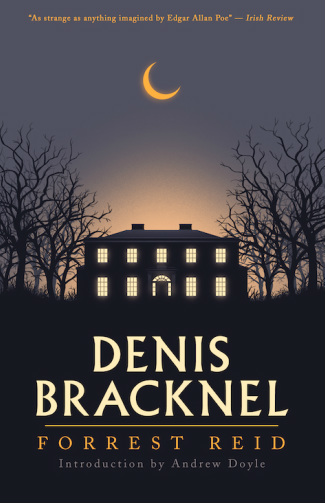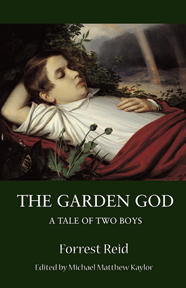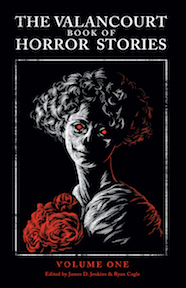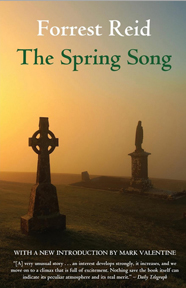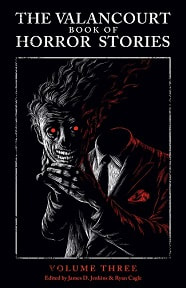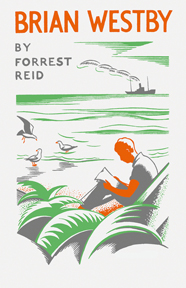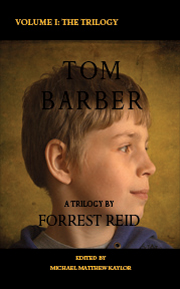|
BOOK DETAILS
Trade paper ISBN-13: 978-1939140975 List Price: $17.99 U.S. Pages: 226 Published: 2014 |
Denis Bracknel (1947)
Forrest Reid With a new introduction by Andrew Doyle Book Description
At the end of his life, Forrest Reid (1875-1947) extensively revised his novel The Bracknels (1911), which had been acclaimed by critics and whose admirers included E.M. Forster and D.H. Lawrence; the result was the posthumously published Denis Bracknel (1947), and it remains one of his finest achievements. A story in the tradition of Henry James’s The Turn of the Screw and with a slow-building dread reminiscent of the works of Sheridan Le Fanu, Reid’s novel opens with the arrival of young tutor Hubert Rusk, just down from Oxford, at the home of the well-to-do Bracknel family. Though the entire family is odd, none of them is stranger than Rusk’s pupil, fifteen-year-old Denis, a highly imaginative, unworldly boy who is attuned to the occult and performs bizarre rituals by moonlight. As Rusk befriends Denis and gains his trust, he gradually learns the startling and horrific truth behind the boy’s behaviour and will have to struggle to save him from a terrible fate . . . This new edition is the first-ever republication of Reid’s final novel and features a new introduction by Andrew Doyle and rare and previously unpublished archival materials, including photographs and letters. |
reviews
“An admirable novel... the author has drawn this charming unearthly boy with extraordinary sympathy and penetration.” – Manchester Guardian
“A work of rare distinction. . . . more than brilliant; it is actual; it is true; it is an accurate reproduction of an experience.” – Daily News
“A remarkable novel … it is as fine a piece of work as we have come upon for a long time.” – Daily Chronicle
“A work of rare distinction. . . . more than brilliant; it is actual; it is true; it is an accurate reproduction of an experience.” – Daily News
“A remarkable novel … it is as fine a piece of work as we have come upon for a long time.” – Daily Chronicle
ALSO AVAILABLE THROUGH ONLINE RETAILERS
MORE TITLES BY THIS AUTHOR
SEE THE COMPLETE LIST OF TITLES HERE
AUTHOR BIOGRAPHY
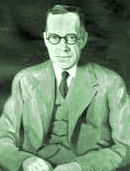
Forrest Reid was born in Belfast in 1875, the youngest of a large family. His father died when he was still a young child, and much of his upbringing therefore fell to his rather conventional mother and his elder sisters. As a youth he felt ill at ease with what seemed the narrow piety of his family’s Presbyterian faith, and their solid middle-class values. After a local schooling, he was apprenticed at age eighteen to the tea trade. The work was not demanding, and Reid coped with the tedium of commercial life by retreating into a dream world of wonder and beauty, inspired by his reading of the Greek classics.
Reid later disowned his first two novels, The Kingdom of Twilight (1904) and The Garden God (1905). The latter novel risked controversy with its portrayal of romantic friendship between two boys; Reid dedicated it to his literary idol Henry James, who was outraged and never spoke to Reid again. After the death of Reid’s mother, a small legacy enabled him to devote himself more fully to his writing, and in the 1910s he published a string of excellent, though not commercially successful novels, including The Bracknels (1911), Following Darkness (1912) (said to have been an influence on Joyce’s A Portrait of the Artist as a Young Man), At the Door of the Gate (1915), The Spring Song (1916), and Pirates of the Spring (1919).
The best of Reid’s works, though, came later in life, beginning with Uncle Stephen (1931), which, with The Retreat (1936) and Young Tom (1944), made up the Tom Barber trilogy, regarded by many as his masterpiece; the final book in the trilogy won the James Tait Black Memorial Prize as the best novel published in 1944. Reid’s other mature work includes Brian Westby (1934), inspired by Reid’s friendship with nineteen-year-old Stephen Gilbert, who also went on to become a novelist, and Peter Waring (1937) and Denis Bracknel (1947), rewritten versions of Following Darkness and The Bracknels, respectively. Reid died in 1947, critically well-regarded, but never having achieved the widespread popular recognition he deserved. When Valancourt Books reprinted The Garden God in 2007, all of Reid’s books were out of print. Valancourt is now in the process of restoring Reid’s best works to print.
Reid later disowned his first two novels, The Kingdom of Twilight (1904) and The Garden God (1905). The latter novel risked controversy with its portrayal of romantic friendship between two boys; Reid dedicated it to his literary idol Henry James, who was outraged and never spoke to Reid again. After the death of Reid’s mother, a small legacy enabled him to devote himself more fully to his writing, and in the 1910s he published a string of excellent, though not commercially successful novels, including The Bracknels (1911), Following Darkness (1912) (said to have been an influence on Joyce’s A Portrait of the Artist as a Young Man), At the Door of the Gate (1915), The Spring Song (1916), and Pirates of the Spring (1919).
The best of Reid’s works, though, came later in life, beginning with Uncle Stephen (1931), which, with The Retreat (1936) and Young Tom (1944), made up the Tom Barber trilogy, regarded by many as his masterpiece; the final book in the trilogy won the James Tait Black Memorial Prize as the best novel published in 1944. Reid’s other mature work includes Brian Westby (1934), inspired by Reid’s friendship with nineteen-year-old Stephen Gilbert, who also went on to become a novelist, and Peter Waring (1937) and Denis Bracknel (1947), rewritten versions of Following Darkness and The Bracknels, respectively. Reid died in 1947, critically well-regarded, but never having achieved the widespread popular recognition he deserved. When Valancourt Books reprinted The Garden God in 2007, all of Reid’s books were out of print. Valancourt is now in the process of restoring Reid’s best works to print.

